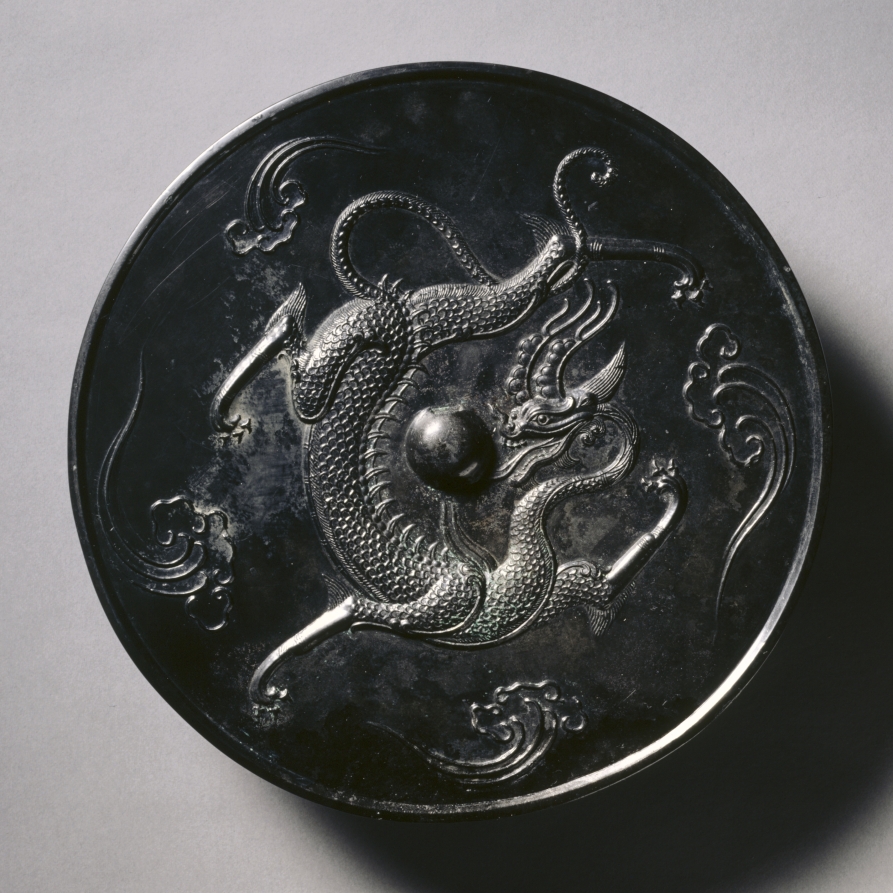Industry News
Sheffield Researchers Publish New Guidance into Supply Chain Risk Management
TweetJun. 8, 2023
By:
Pietro N. Bianchi
Sheffield Hallam University’s (SHU) Helena Kennedy Centre International Justice published more guidance on navigating the ethical concerns of state sponsored forced labor in the Xinjiang Uyghur Autonomous Region (XUAR) and of the Uyghur ethnic group. The new evidence brief, “Common Concerns about Addressing Uyghur Forced Labour,” presented in a Q&A format addresses four areas: the ethics of withdrawing from the XUAR; supply chain tracing; sourcing; and auditing, certification, attestations, and codes of conduct. SHU’s publications have appeared to provide a roadmap for U.S. policy with respect to forced labor issues from China.

The guidance reaches the following conclusions:
- Withdrawing from the Uyghur Region may not directly or immediately end the oppression of the people there, but it will ensure that we are not complicit in, legitimizing, or profiting from their oppression.
- Human rights and the fate of the planet go hand in hand. It is not only ethically inappropriate to pit the two against each other, it’s simply factually inaccurate.
- You should assume that forced labor is involved in the mining or processing of any raw materials and goods from the region, whether or not they appear on lists provided by governments or researchers.
- Bifurcated supply chains increase risk of contaminated, blended, or intentionally misrepresented goods.
- There is no reason to believe that a company has stopped engaging in labor transfer or other repressive programs unless they have made a public declaration of their withdrawal from state recruitment programs and that declaration can be substantiated with documentary evidence.
- Signed codes of conduct and attestations (as well as certifications and self-answered questionnaires) are not enough to prove an absence of forced labor under any circumstances.
SHU researchers argue that supply chains only recently entered the XUAR and thus, it should be possible to move them out. The report also points out that this is no longer a C-suite issue, but a legal one. The U.S., Europe, Canada, and others are all taking steps to root out modern slavery.
Of note to importers is how People’s Republic of China’s government directives encouraging industry in the XUAR can offer guidance on what products to focus their efforts investigating forced labor. Mentioned industries include agricultural products, minerals, chemicals, textiles, and home appliances, and green technologies (the big one being photovoltaic inputs).
There have been a number of ways that suppliers are attempting to get around forced labor initiatives. Many products of forced labor may be transferred throughout China or exported to intermediary countries. Transshipment is a problem that occurs more frequently than one may expect. Emphasizing the need to map out multiple tiers, if not all, of a supply chain. The report specifically mentions Indonesia, Vietnam, India, Sri Lanka, Pakistan, and Malaysia. Further, products, such as cotton or polysilicon, that may be blended to hide origin may require extra due diligence.
SHU reminds readers that if a supplier obscures their supply chains, provides fraudulent information, or refuses to discuss sourcing, it should raise a red flag. Further, companies that employ workers from the XUAR should raise a red flag. SHU suggests that documentation of labor recruitment, transport, contracts, salaries, housing, and holiday allowances should be scrutinized back through 2016 to assess whether that supplier is engaged in forced labor. While list is not enumerated in Uyghur Forced Labor Prevention Act (“UFLPA”), it can give insight into the scale of documentation that may be required to overcome UFLPA’s rebuttable presumption of forced labor.
If you have questions about forced labor or supply chain risk management do not hesitate to contact an attorney at Barnes Richardson, & Colburn LLP.
